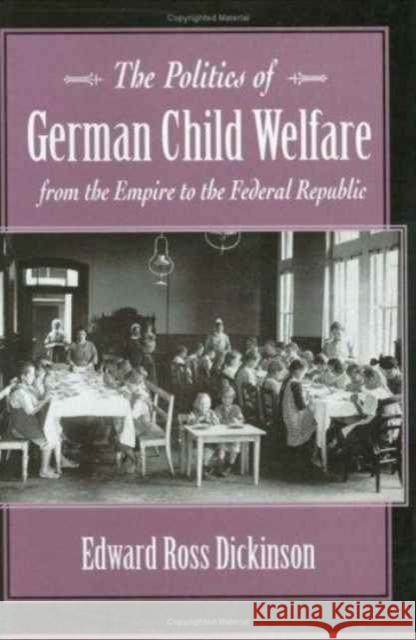The Politics of German Child Welfare from the Empire to the Federal Republic » książka
The Politics of German Child Welfare from the Empire to the Federal Republic
ISBN-13: 9780674688629 / Angielski / Twarda / 1996 / 384 str.
The model of the development of child welfare policy presented here illuminates the complexity of the struggles from which modern social policy emerged, and accounts for the ways in which similar policies could be adapted to changing political systems--monarchical, republican, or fascist. Following a period of policy innovation, rapid institutional expansion, and intensifying ideological conflict before the First World War, Dickinson shows, the period from 1918 to 1961 saw a succession of efforts to reconcile competing policy agendas within different political contexts: the corporatist-democratic compromise worked out in the early years of the Weimar Republic, which broke down in the economic and political crisis at the end of the 1920s; the disastrous Nazi synthesis of authoritarianism and racism; and a revitalized corporatist-democratic framework, stabilized on the basis of the antitotalitarian consensus and of psychotherapeutic theory and practice, after 1949.Historians of modern Germany and of the welfare state will find this a challenging and illuminating approach to important theoretical and historical questions.











